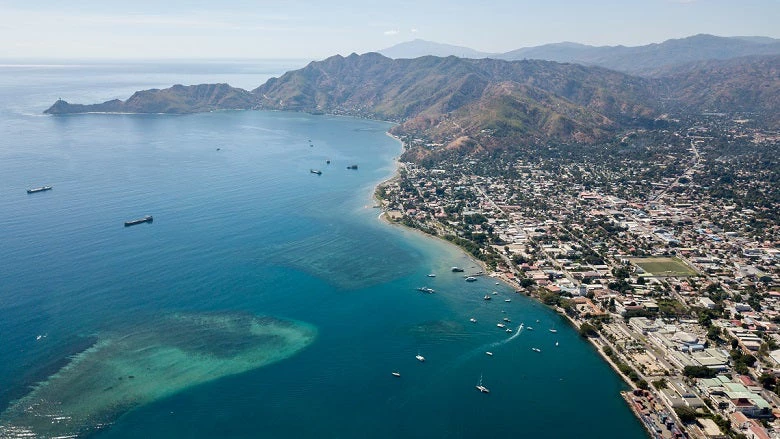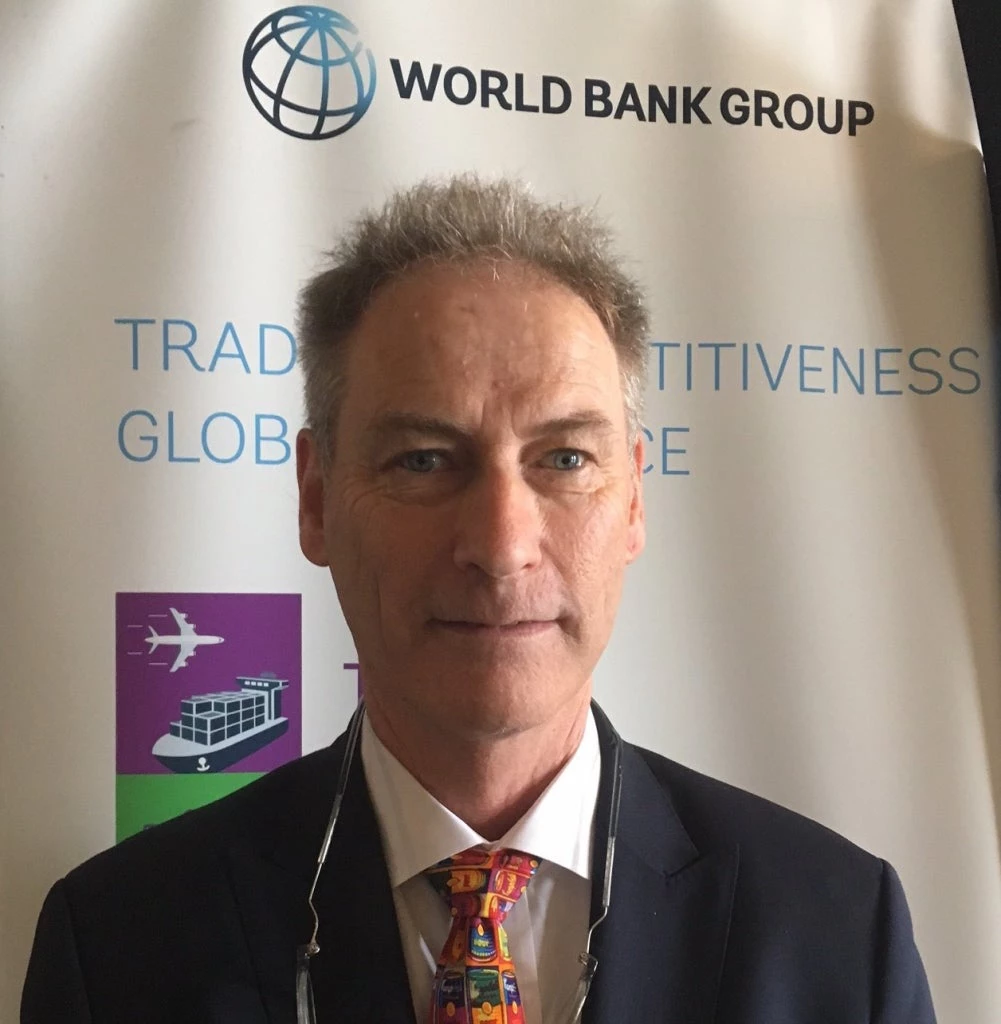
Timor-Leste, an island nation that depends heavily on exports of coffee, spices, and other agricultural goods, has taken a big step toward membership in the World Trade Organization thanks to new legislation governing trade in plants and animals (and their products) that took effect in June.
The new biosecurity legislation, designed to protect plants and animals from pests and diseases, signals Timor-Leste’s commitment to participate in global trade by adopting international standards. These will help Timor speed the movement of goods in and out of its ports while reducing costs and risks to the health of plants, animals, and people. This is expected to boost trade and incomes for the country of 1.3 million people, the poorest in Southeast Asia with 40 percent of the population living in poverty.
Timor-Leste, which occupies half of the island of Timor at the eastern end of Indonesian archipelago, became the first new sovereign state of the 21st century in 2002 when it gained independence after decades of conflict. Accession to the WTO and the Association of Southeast Asian Nations are key elements of Timor-Leste’s Strategic Development Plan 2011-2030, which seeks to diversify the economy, boost growth, and achieve upper-middle-income status.
The new biosecurity Decree-Laws, approved by the Council of Ministers on March 15th, provide the legal foundation for effective, modernized import controls and export certification for a range of agricultural products and establish a framework for domestic surveillance and other animal health and plant health measures.
Since 2016, the World Bank Group has provided technical support and capacity development for a strengthened biosecurity regulatory framework to the Ministry of Agriculture and Fisheries. In addition to the new legislation on animal health and plant health, texts to help implement the new framework are also being developed, including subsidiary regulations focused on import and export and a range of standard operating procedures. This support by the World Bank Group builds on and is complementary to the technical assistance of various development partners in previous years.
Thanks to the new legislation, the Direção-Geral de Quarentena e Biossegurança of the Ministry of Agriculture and Fisheries, which is responsible for biosecurity, will be better able to implement measures in line with international standards and best practices. Traders of goods will see better market access as the country improves its ability to meet the importing requirements of trade partners as the revised legislation will boost confidence in Timor-Leste’s biosecurity systems and processes.
Accession to the WTO and ASEAN blocs would cement Timor-Leste’s commitment to a rules-based, open, and predictable trade-policy regime. The country also aims to expand trade with the European Union by joining the EU-Pacific Economic Partnership Agreements, which include Fiji, Papua New Guinea, Samoa, and the Solomon Islands. Members of the agreements benefit from duty-free and quota-free exports to the EU, an important trade partner for Timor-Leste.
Financial support for this World Bank Group initiative was provided by the Trade Facilitation Support Program (TFSP). The TFSP is funded by nine donor partners: Australia, Canada, the European Commission, the Netherlands, Norway, Sweden, Switzerland, the United States, and the United Kingdom.





Join the Conversation